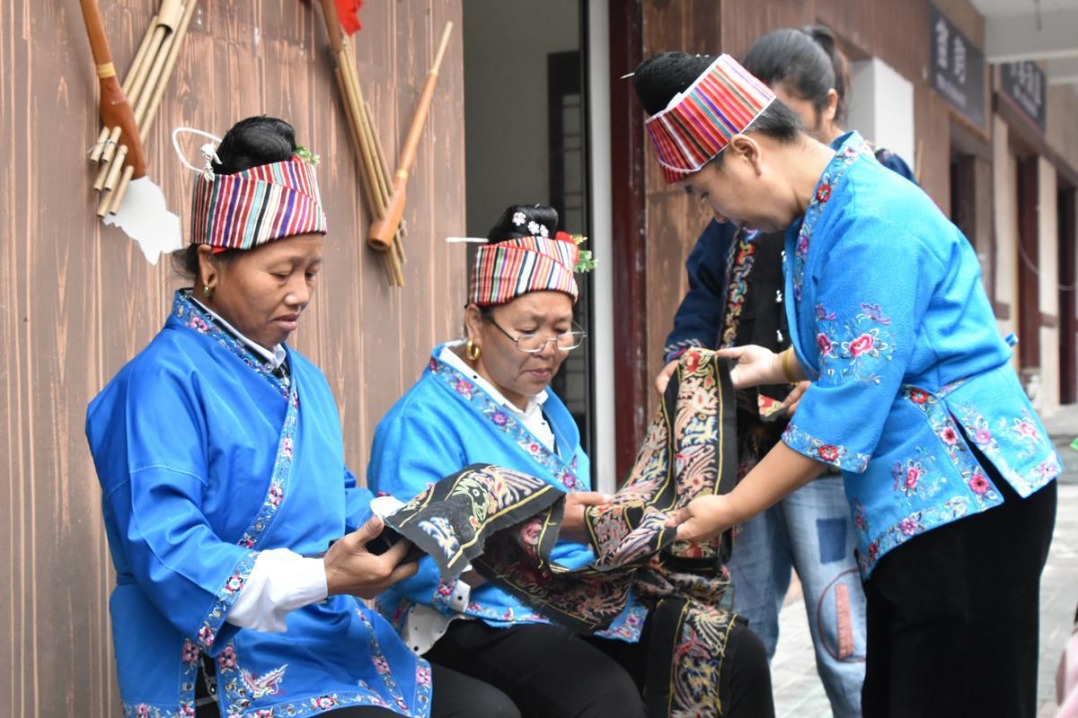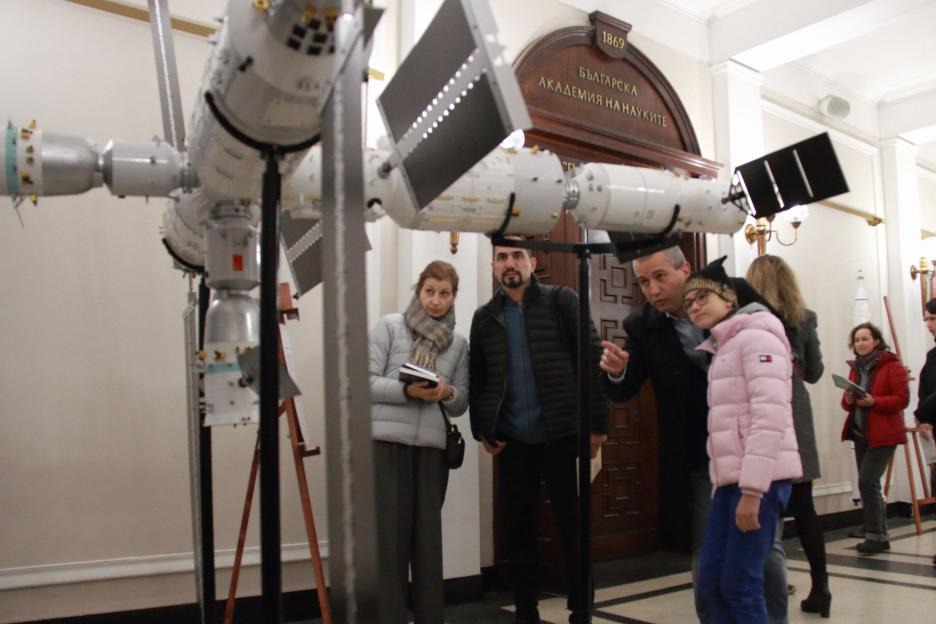A useful tool, but parents must stay cautious


I recently moved house. That's how I realized how many things I have bought but hardly used, especially items for my 1-year-old son.
As I had been talking to people about the "secondhand" topic, I decided to post some items for sale online. Business was not bad.
A stroller for babies age 0 to 6 months was retired after several months. It had become a headache but it cost thousands, so it was hard to decide to throw it away. It took up quite a lot of room, though.
I posted it for 1,000 yuan ($150) on Xianyu, an online secondhand platform, and received four offers the same day. I was happy to hand it over to a mother-to-be who lives two blocks from my apartment.
She picked up the stroller and asked for some advice about being a new mother. The discussion was so enjoyable that we ended up becoming friends, and for a while we met up with our babies almost every weekend in the nearby park.
Similarly, my electric piano was bought by a young woman who recently had returned to Shanghai from the United Kingdom. We remained WeChat friends, so I sometimes click to like and reply under videos she posts of herself practicing on the instrument.
The experience has been encouraging. I realized how secondhand trading can be attractive-it breaks the traditional buy-and-sell scenario between stores and customers, but the two players in a secondhand deal usually share the same hobbies or life stages, which gives them things to talk about.
Xianyu has attracted many young people with its quanzi ("community") function, where people with similar interests can communicate.
In one group for lovers of porcelain, more than 210,000 users post their items and chat. More than 1 million enthusiasts have gathered in a group for devotees of traditional clothing of the Han ethnic group.
In addition to making use of unwanted items and being environmentally friendly, the secondhand market provides people with a place to chat and share experiences-a form of social contact-which those who take care of babies usually desire greatly. That's also one of the reasons the market is very popular with young parents.
However, problems exist in the child-related secondhand market, and what concerns me most is safety and a lack of regulation.
Sending things to a stranger or picking them up can pose potential dangers, especially for young moms. They must stay alert.
Besides, some things are not suitable for sharing after use-a safety seat, for example. According to manufacturers, safety seats have a valid period of about five years, and after that they may no longer be safe as some parts will have aged or may even be damaged.
As it is a poorly regulated market, parents should remain cautious.
- Employee sorry for leaking pop star's rehearsal clips
- Shanghai ready for 2025 version of E-sports Masters
- New 'eco-police' system to be set up by 2027
- Hebei cooperative's cabbage proving a hit across China
- Kunming rail accident spurs safety overhaul nationwide
- Embroidery proving major draw at bustling Guizhou market





































